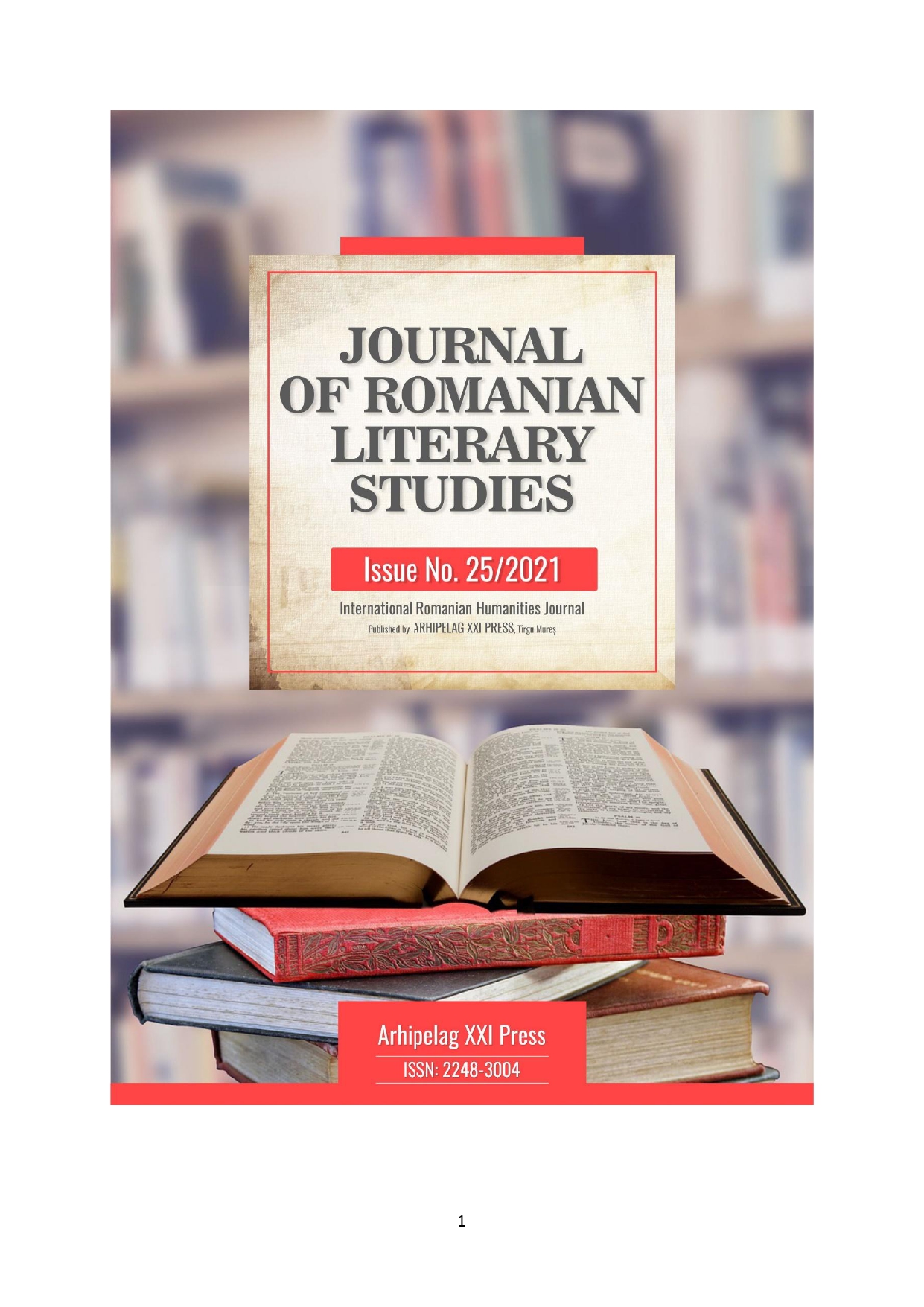DIE DISKUSSION UM DIE GEISTIG-IDEOLOGISCHEN WURZELN DES NATIONALSOZIALISMUS AUS DER PERSPEKTIVE DER DEUTSCHEN EXILINTELLEKTUELLEN. EINE APORIE: ROMANTIK VS. AUFKLÄRUNG
THE DISCUSSION ABOUT THE INTELLECTUAL-IDEOLOGICAL ROOTS OF NATIONAL SOCIALISM FROM THE PERSPECTIVE OF GERMAN EXILE INTELLECTUALS. AN APORY: ROMANCE VS. ENLIGHTENMENT
Author(s): Ștefania SurduSubject(s): Cultural history, Diplomatic history, History of ideas, Cold-War History
Published by: Editura Arhipelag XXI
Keywords: National Socialism; exile German intellectuals; Nietzsche; Romanticism; Enlightenment; ideological aporias; political propaganda; Cold War;
Summary/Abstract: A work from 1942, from Arnold Zweig`s exile in Palestine raises a question that seems to essentially express the struggles of an entire generation of German intellectuals regarding the intellectual and ideological causes of the emergence of fascism in Germany: „Were there at the basis of our lives (...) enough justice, enough reason? The earth had too much or too little spirit?” Although it may seem paradoxical, this aporia has intrigued several German intellectuals (especially those who were forced during the Third Reich to go into exile, such as Arnold Zweig, Heinrich and Thomas Mann, Lion Feuchtwanger, Georg Lukács, Max Horkheimer, Theodor Adorno etc.), that have tried to elucidate an almost inexplicable phenomenon that erupted in a time of apparent economic and political stability and „security” and cultural brisance. Taking into account the main noological theories that have been issued, the causes of the unfortunate turn in Germany's history can be reduced to the aporia resulting from the following series of dichotomies: reason instinct, hyperrationality-irrationality, sophisticated technology/destructive civilization - immaculate nature, order-chaos, God-Satan, culture-barbarism, progress-reaction. Not only for reasons of simplification and theoretical coherence, the present work extrapolates this series of oppositions to the conceptual binomial „Enlightenment” – „Romanticism”, but which aims to cover the whole paradigm of the above categories. The thesis of the present paper is that some intellectuals identify the causes of the collapse of Germany in a „surplus” of reason, in a degeneration of the (positive) rationality of the Enlightenment, which is materialized in a sophisticated technology and that eventually turns against humanity itself, while others, on the contrary, see the germs of the spiritual ruin in a „misunderstood Romanticism”, as unleashing of instincts and complete liberation from the chains of reason, taken to the extreme, in irrationality and primitivism. The present study aims to prove that one of the possible sources of this aporia can be identified in the dual character of the philosophical discourse of Nietzsche. Furthermore, intends the present work to highlight the subversive implications of the instrumentalization of this binomial in politically-motivated and propagandistic approaches by the German intellectuals in the second half of the last century.
Journal: Journal of Romanian Literary Studies
- Issue Year: 2021
- Issue No: 25
- Page Range: 1124-1140
- Page Count: 17
- Language: German

